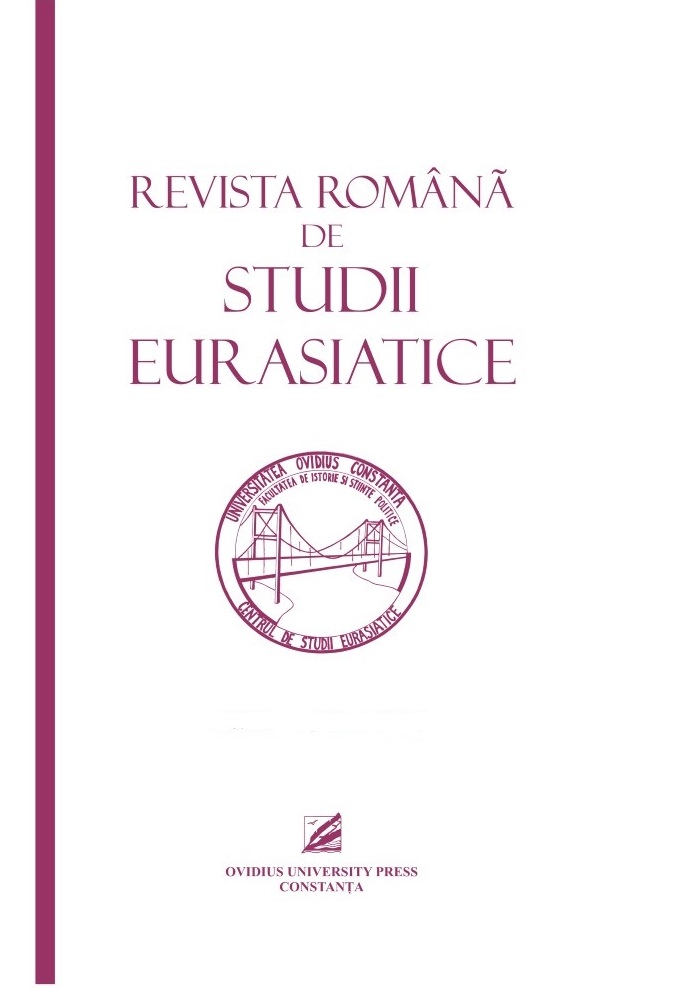THE CULTURAL AND PROFESSIONAL IDENTITY OF THE ACTOR OR THE HISTORY OF CROSS-CULTURAL THEATER
THE CULTURAL AND PROFESSIONAL IDENTITY OF THE ACTOR OR THE HISTORY OF CROSS-CULTURAL THEATER
Author(s): Alina CristeaSubject(s): Theatre, Dance, Performing Arts, Fine Arts / Performing Arts
Published by: Ovidius University Press
Keywords: Theatrical Anthropology; Actor; Professional Identity; Cultural Identity; Stanislavski;
Summary/Abstract: The spiritual physiognomy of an era, according to Mircea Vulcănescu, can be defined by its cultural characteristics, creative techniques and the issues connected with them. Thus, within this physiognomy, the cultural and the professional identity are two interdependent conceptual entities, definable by the convergent differences between them. From the perspective of Theatrical Anthropology, they can be analyzed by its semnificants and by sizing the place of tradition, history, in understanding and rendering the present. Eugenio Barba and Konstantin Stanislavski, the two great theorists and practitioners of theater, apparently at opposite poles, are full citizens of Theatrical Anthropology, because this cultural discipline studies the actor's technique through his cultural identity, but also his professional one. „The profession is also a country to which we belong, an elective homeland, without geographical borders. Today, we accept that it is natural for a Mexican philologist to talk to an Indian philologist, for a Japanese architect to exchange a Swedish architect on an equal footing, just as we feel as a cultural inadequacy that Chinese medicine and medicine European extraction do not become two complementary aspects of the same knowledge. It is not strange that actors meet within the common boundaries of their profession. Strange is that it looks strange” .
Journal: Revista Română de Studii Eurasiatice
- Issue Year: 16/2020
- Issue No: 1-2
- Page Range: 211-216
- Page Count: 6
- Language: English

